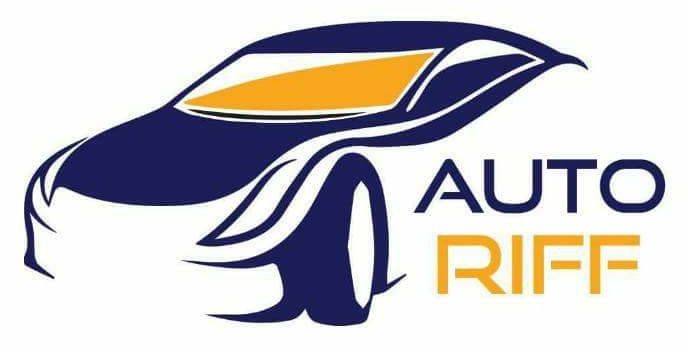
Chinese electric vehicle (EV) manufacturer Leapmotor is embarking on an ambitious plan to boost its sales by targeting international markets and offering its EV technology for licensing to partners outside China. This strategic move comes as the company seeks to ensure its survival in a rapidly consolidating EV industry. Leapmotor, established eight years ago, has set its sights on regions such as Europe, Australia, and New Zealand as it looks to expand its global footprint.
Leapmotor Striving for Global Sales Growth
Leapmotor’s CEO, Zhu Jiangming, outlined the company’s vision during an interview at the Munich auto show, where the company also introduced its latest offering, the C10 SUV, designed for global markets. The key driver of this strategy is the need for significant sales growth. Leapmotor aims to achieve annual global sales ranging from 500,000 to 1 million units, a substantial increase compared to its 2022 sales of approximately 111,000 EVs in China. Zhu emphasized that such an ambitious goal may take two to three years to attain.
Recognizing the Imperative of Globalization
In a competitive automotive landscape, Leapmotor recognizes the necessity of globalization in the industry. Zhu pointed out that the world’s top 10 automakers all achieve annual sales figures exceeding 4 million units. As such, expanding beyond China’s borders is crucial for the company’s long-term viability and success.
Leapmotor Technology Licensing for Strategic Growth
Leapmotor’s expansion plans extend beyond geographical boundaries. The company is actively exploring partnerships with established automakers outside China, offering to license its advanced EV technology. This includes its EV platforms, battery and motor technology, and EV-ready chassis assemblies. While Zhu did not disclose specific companies that Leapmotor has approached, he highlighted the growing interest among European automakers in leveraging Chinese EV technology. For instance, Germany’s Audi is currently in discussions with SAIC Motor Corp to acquire an electric vehicle platform from the Chinese state-owned automaker. Additionally, Volkswagen (VW) plans to utilize a platform developed by Xpeng for its upcoming EV models.
Fulfilling the Need for Software Expertise
One of the key attractions for European automakers in considering partnerships with Leapmotor is its software development capabilities. Zhu emphasized that this is an area where established automakers may seek technology partnerships to address their own weaknesses. By collaborating with Leapmotor, these companies can enhance their EV offerings and compete effectively in the growing EV market.
Threshold for Establishing European Factories
Zhu also provided insights into the conditions under which Chinese automakers might consider establishing manufacturing facilities in Europe. He suggested that it would only make economic sense if a Chinese automaker achieves annual sales close to 500,000 vehicles, emphasizing the importance of reaching a certain scale to justify such an investment.
Implications for the EV Market
Leapmotor’s strategic expansion and technology licensing initiatives shed light on the competitive dynamics of the global EV market. As the industry continues to evolve and consolidate, partnerships, technology sharing, and global reach become essential for automakers to remain competitive and achieve scale. Leapmotor’s bold approach reflects the broader trend of automakers seeking innovative ways to secure their positions in the fast-paced EV sector.


